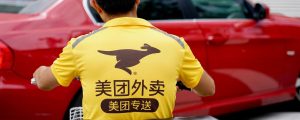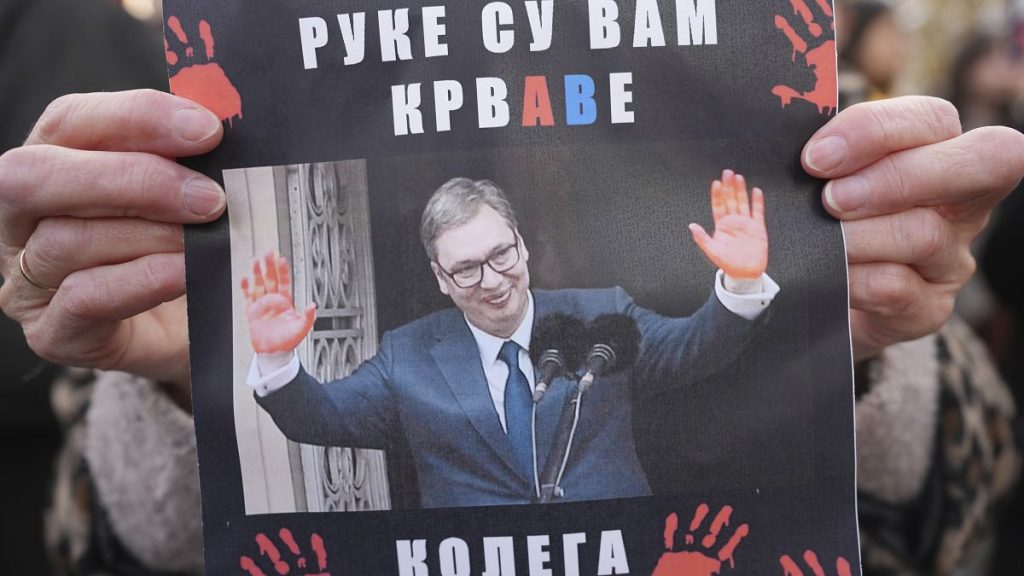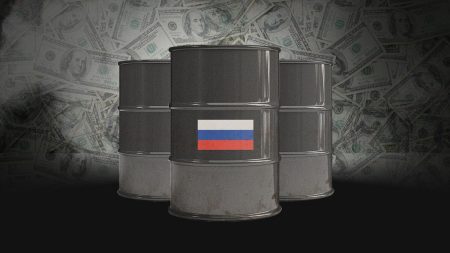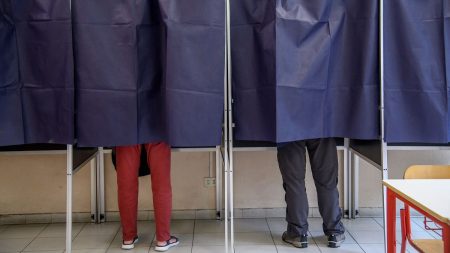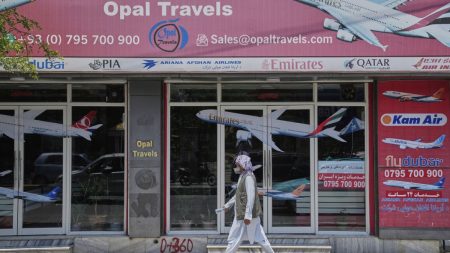The political landscape in Serbia has been roiled by a recent tragedy and the ensuing protests, prompting a swift and seemingly contradictory response from President Aleksandar Vučić. The collapse of a renovated concrete awning at a Novi Sad train station, which claimed the lives of 15 people, ignited public anger and accusations of government corruption and negligence. Opposition figures and student protesters pointed fingers at the administration, alleging that lax oversight and potentially corrupt practices contributed to the disaster. Initially, Vučić responded defiantly, accusing unnamed foreign powers of orchestrating the protests to undermine his leadership. However, he later reversed course, pledging to accede to protesters’ demands, releasing those arrested during the demonstrations and promising pardons for any future convictions related to the protests. This sudden shift in approach highlights the complex political dynamics at play in Serbia and raises questions about Vučić’s motivations and the underlying stability of his government.
Vučić’s initial reaction to the protests was one of defiance and suspicion. In a video message posted on social media, he framed the demonstrations as a foreign-backed attempt to destabilize Serbia and remove him from power. He invoked the image of deposed Syrian dictator Bashar al-Assad, vowing to resist similar attempts to oust him. He further claimed that he would soon reveal evidence of foreign funding aimed at undermining Serbia, echoing a familiar narrative of external interference often used by authoritarian leaders to discredit dissent. This rhetoric underscores the precarious balance Serbia maintains between its aspirations for EU membership and its close ties with Russia and China. Belgrade has notably refrained from participating in Western sanctions against Russia following its invasion of Ukraine, a stance that has drawn scrutiny from the West.
Vučić’s subsequent decision to concede to protesters’ demands represents a stark departure from his initial combative stance. His promise to release those arrested and pardon future convictions related to the protests suggests a strategic recalibration in the face of mounting public pressure. He also committed to releasing information about the Novi Sad train station reconstruction, a move aimed at addressing concerns about transparency and accountability. This sudden about-face raises questions about the sincerity of Vučić’s concessions and whether they represent a genuine attempt to address public grievances or a tactical maneuver to quell dissent and maintain his grip on power.
The events in Serbia underscore the delicate balancing act Vučić performs in navigating the country’s complex geopolitical landscape. His reluctance to align fully with the West, coupled with his cultivation of relationships with Russia and China, reflects a desire to maintain strategic autonomy. However, this approach also exposes him to accusations of playing both sides and potentially undermining Serbia’s path towards EU integration. The proposed “foreign agents” registry, modeled on similar legislation in Russia, further fuels concerns about shrinking civic space and increasing authoritarianism under Vučić’s leadership.
Critics argue that Vučić’s rule has been marked by a steady erosion of democratic norms and a tightening grip on power. His background in the far-right Radical Party and his current leadership of the Serbian Progressive Party have raised concerns about his commitment to democratic principles. Reports from international organizations like Freedom House have documented a decline in political rights and civil liberties in Serbia under his presidency. These concerns, coupled with the recent protests and Vučić’s seemingly contradictory responses, paint a picture of a country grappling with political tensions and uncertainty about its future direction.
The contrasting responses from President Vučić to the protests following the Novi Sad tragedy underscore the complex political landscape he navigates. Initial accusations of foreign interference and comparisons to deposed dictators transitioned abruptly to concessions and promises of transparency. This shift highlights the challenges Vučić faces in balancing domestic pressures with his geopolitical maneuvering between East and West. The proposed “foreign agents” registry, coupled with the documented decline in political rights and civil liberties, raises serious questions about the future of democracy in Serbia. The ongoing situation warrants close observation as the country grapples with these complex issues and their potential impact on its political trajectory.


